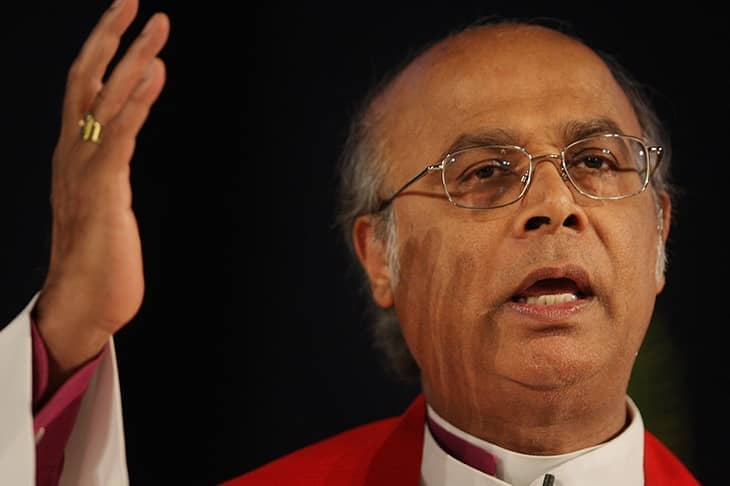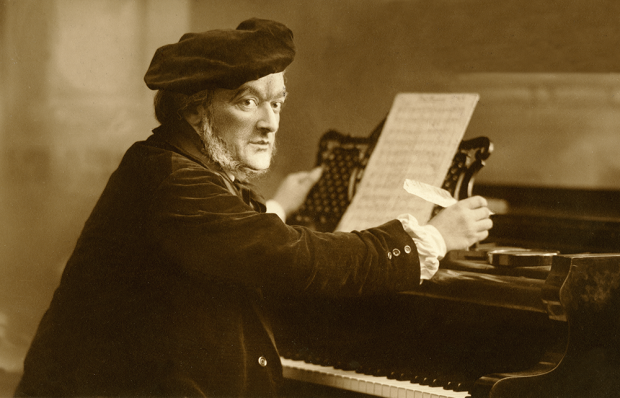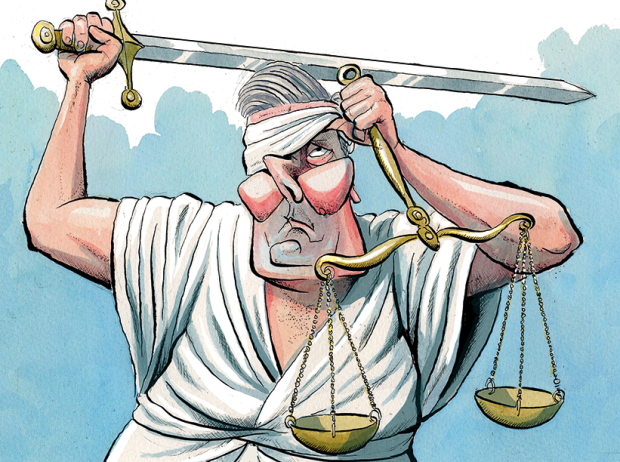Hard to reconcile
Sir: Although not an Anglican, I appreciate Michael Nazir-Ali’s dilemma (‘A change of mind and heart’, 23 October) and know many Anglicans whose loyalty to the C of E is being severely tested. But insofar as his theology is classically Protestant and evangelical, it is difficult to see how the former bishop can reconcile it with the teaching of the Roman Catholic Church on the sacraments, the office of the Pope, the role of Mary, purgatory and justification, to name but a few contentious issues.
Already a subscriber? Log in
Subscribe for just $2 a week
Try a month of The Spectator Australia absolutely free and without commitment. Not only that but – if you choose to continue – you’ll pay just $2 a week for your first year.
- Unlimited access to spectator.com.au and app
- The weekly edition on the Spectator Australia app
- Spectator podcasts and newsletters
- Full access to spectator.co.uk
Unlock this article
You might disagree with half of it, but you’ll enjoy reading all of it. Try your first month for free, then just $2 a week for the remainder of your first year.














Comments
Don't miss out
Join the conversation with other Spectator Australia readers. Subscribe to leave a comment.
SUBSCRIBEAlready a subscriber? Log in